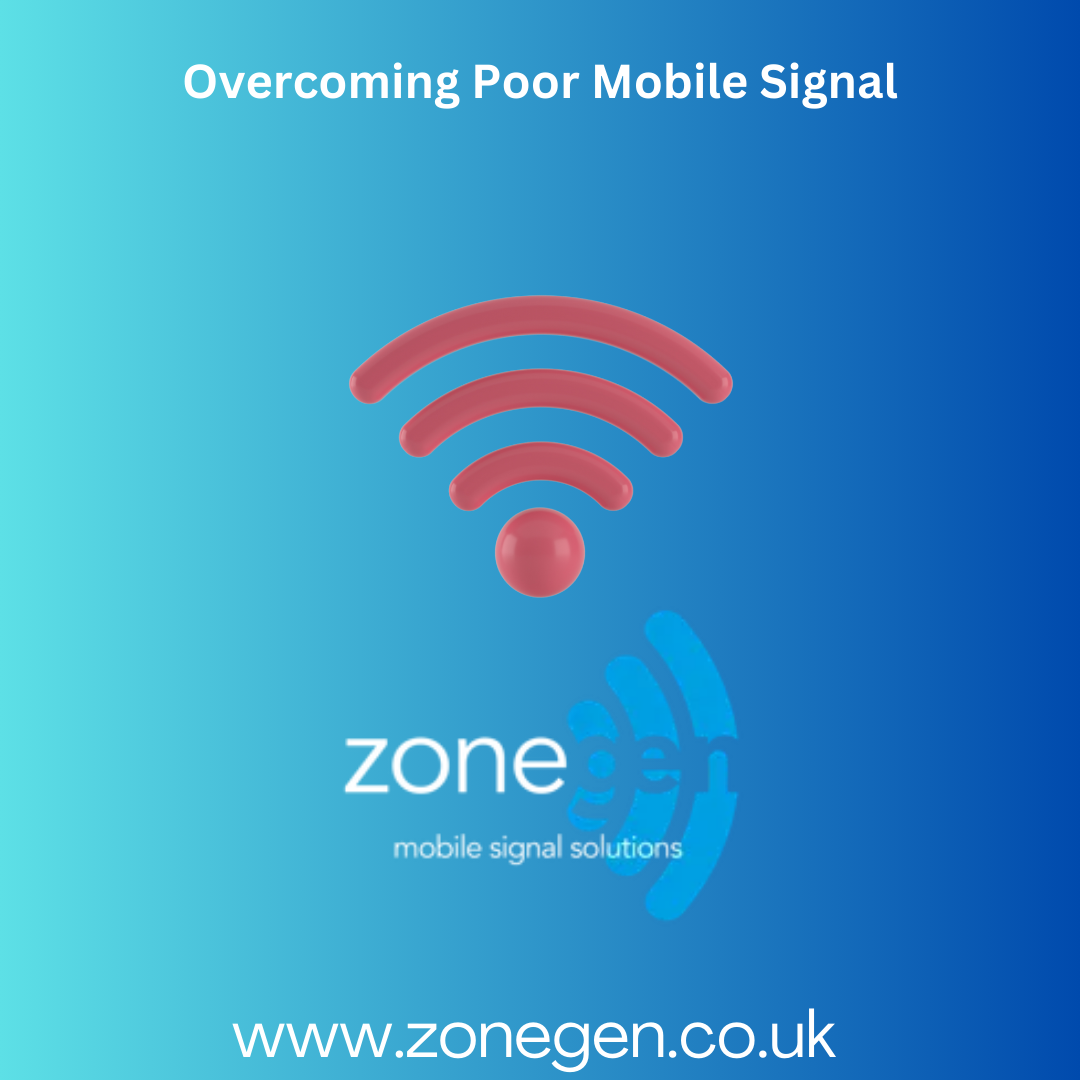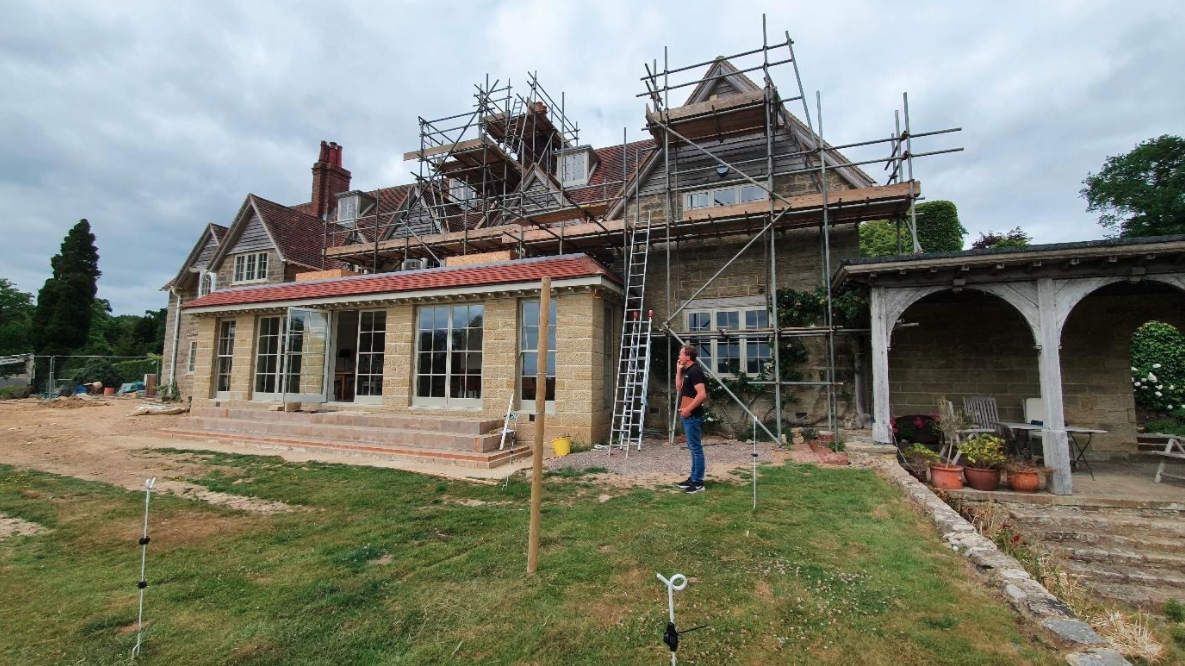Why Reliable Mobile Connectivity is More Important Than Ever
Latest Developments in UK Mobile Signal: What You Need to Know

In recent years, the UK has experienced rapid advancements in mobile connectivity, as demand for reliable mobile signals continues to increase across homes, businesses, and public spaces. From the rollout of 5G networks to regulatory updates, here’s a look at the latest mobile signal news in the UK.
5G Expansion Continues Across the UK
One of the biggest developments in mobile signal technology is the ongoing expansion of 5G. The rollout of 5G, which offers significantly faster data speeds and improved network capacity, has accelerated, with more cities and rural areas gaining access to the next generation of mobile connectivity. Major mobile network providers, including EE, Vodafone, and Three, have been working to expand their 5G infrastructure to cover larger portions of the UK, aiming to bridge the urban-rural digital divide.
For users, this means not only faster downloads and more responsive apps but also the potential for innovations like augmented reality (AR), virtual reality (VR), and smart city developments. 5G's impact on industries such as healthcare, transportation, and manufacturing will continue to grow as coverage becomes more widespread.
2. Changes to Ofcom Regulations for Mobile Signal Boosters
In a move to ensure better and more reliable mobile connectivity, Ofcom has continued to enforce its strict regulations surrounding mobile signal boosters. Since 2018, Ofcom has classified certain signal boosters, like the Cel-Fi product range, as "licence exempt" under UK law, meaning they are legal and do not cause interference with mobile networks.
Ofcom’s regulations focus on ensuring that mobile signal boosters enhance connectivity without degrading network performance. Consumers and businesses should always choose legal, network-safe solutions like those provided by Cel-Fi, which comply with Ofcom's SI 2018/399 guidelines. This protects users from hefty fines and ensures smoother, uninterrupted service for everyone.
3. Boosting Rural Coverage with Shared Rural Network (SRN)
Rural areas have historically faced significant challenges with mobile signal strength. The UK government, in partnership with mobile network operators, launched the Shared Rural Network (SRN) initiative to address this. The goal is to increase 4G coverage to 95% of the UK landmass by 2025, ensuring better mobile connectivity for rural residents and businesses.
This collaboration between the UK’s mobile operators will see them share infrastructure in rural areas to improve coverage, meaning residents in hard-to-reach areas will soon enjoy more reliable mobile signal, enabling better access to services and emergency communication.













